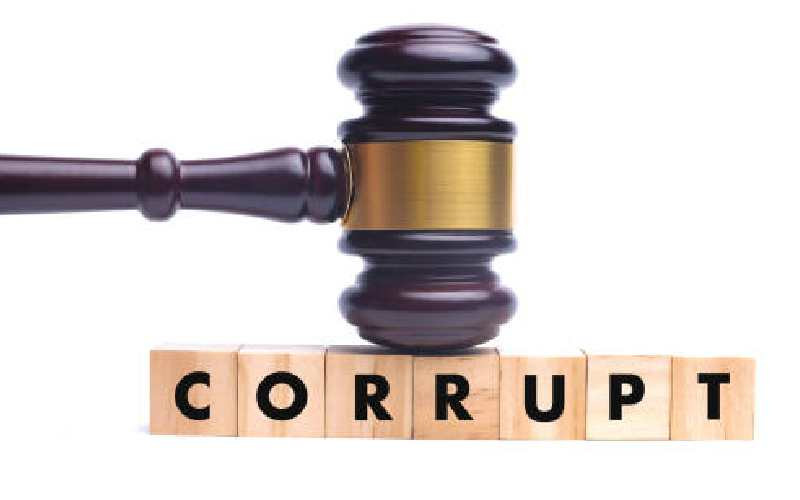
It is heartening to hear that after a month in office, some county governments are already thinking about how to ramp up their revenue collection. It is not a secret that revenue collection in most counties has been wanting and, needless to say, that affects development plans.
For that reason, revelations that some new county bosses are seeking the help of former Laikipa Governor Nderitu Mureithi to increase their own source revenues are encouraging. During his tenure, between 2017 and 2022, Mr Mureithi increased Laikipia County's revenue base from Sh400 million to Sh1 billion. It is that feat that counties such as Homa Bay want to emulate.